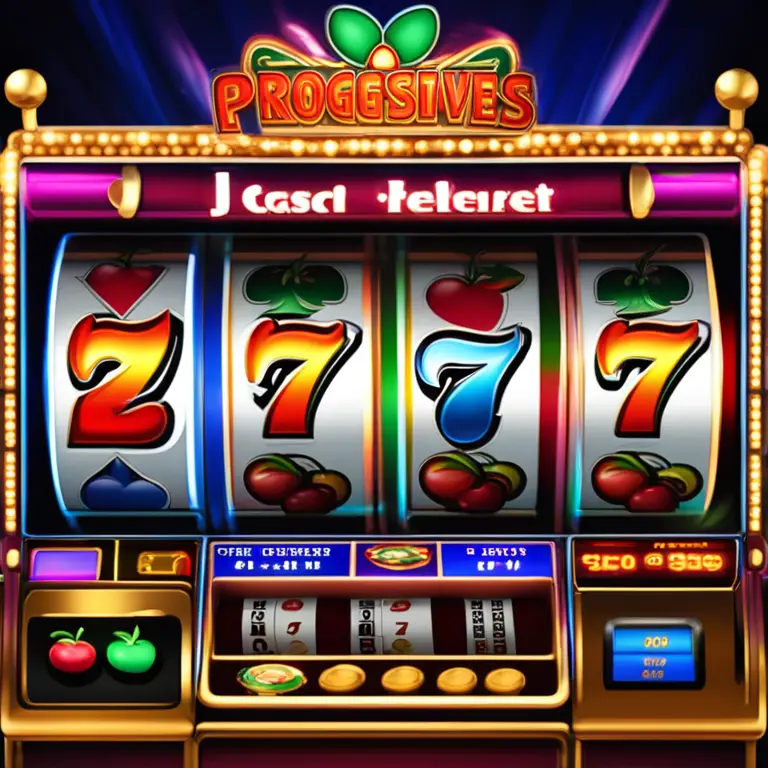Transitioning from Cash Games to Poker Tournaments: Key Differences Explained
Understanding the Basic Distinctions
Poker enthusiasts often begin their journey with cash games, where the strategy focuses on accumulating chips at the table, each chip representing a direct monetary value. Transitioning to poker tournaments, however, introduces a new realm where strategizing takes on a different dynamic. In a tournament setting, the initial buy-in transforms into tournament chips that don’t have a direct cash value but determine one’s ability to progress. For players new to tournaments, this shift can initially seem overwhelming. Understanding the basic distinctions lays the foundation for effective adaptation. Tournaments often have escalating blinds, unlike the fixed stakes in cash games, making chip preservation paramount. Plus, while you can leave a cash game whenever desired, tournaments require persistence until you're eliminated or emerge victoriously.
.webp)
Adapting to a Structured Environment
One major difference between cash games and tournaments is the structured environment tournaments offer. Cash games allow players to join and leave at will, but tournaments require commitment until a definite end, reshaping the psychological approach to the game. Tournament structures require an understanding of blind levels and pay jumps, demanding a more calculated approach to risk-taking. While the goal in cash games is often about extracting value from each hand, tournaments necessitate survival until the money stages are reached. Accepting this structured environment helps players prioritize long-term endurance over immediate gains, forcing the adaptation of strategies aimed at gradual progression.
The Importance of Chip Management
Chip management is another crucial difference when moving from cash games to poker tournaments. In cash games, chips equate directly to money, allowing for replenishment anytime. However, in tournaments, once the chips are gone, so is your tournament life. This scarcity necessitates a focus on preserving chip stacks more diligently. Players accustomed to cash games must recalibrate their approach to risk versus reward, often necessitating a more conservative approach early on. Understanding the momentum of the game becomes essential as it informs when to capitalize on winning opportunities and when to focus on tighter play. This shift requires patience, foresight, and an ability to read the fluctuations of the game.

Adjusting to Shifting Strategies
Transitioning from cash games to tournaments involves adapting to constantly shifting strategies reflective of the changing dynamics as the tournament progresses. In cash games, strategies remain relatively static as the stakes don't change. However, tournaments have different stages—early, middle, and late—each requiring a distinct approach. Early stages demand conservative play, focusing on reading opponents and survival. As blinds increase, aggression often becomes necessary to build a chip stack. In the later stages, the pressure intensifies, requiring short stack strategies or leveraging a big stack to pressure opponents. Adjusting to these shifts can be challenging but is crucial for successful tournament play.
Psychological Adaptation to Tournament Pressure
The psychological pressure is heightened in tournaments compared to cash games, where players can walk away anytime. In a tournament, the stakes rise naturally as the field narrows and the prize money becomes more significant. This pressure requires mental stamina and the ability to stay focused for extended periods. Players must handle the stress of fluctuating chip stacks, critical decisions, and the increasing tension as they approach the money bubble. Emotional control becomes a part of the skill set, alongside strategic acumen. Those transitioning from cash environments must work on maintaining composure under the unique pressures of tournament play.
.webp)
Understanding Risk-Reward in Tournament Play
Understanding and balancing risk and reward differently in a tournament context is necessary. While cash games allow players to capitalize on high-risk situations to build their bankrolls, tournaments reward a more calculated approach to such opportunities. Each decision a player makes could lead to either survival or elimination, thus necessitating a careful calculation of pot odds, implied odds, and tournament position. Decision-making becomes less about individual hands and more about how each decision affects progression in the tournament. Players transitioning from cash games have to learn to evaluate not just a hand’s strength but also its long-term implications on their tournament journey.
Mastering the Art of Blinds and Antes
Finally, understanding blinds and antes is crucial when transitioning to tournament play. Blinds rise at regular intervals in tournaments, unlike cash games where blinds remain constant. This consistent increase forces players to make quicker decisions under the pressure of depleting stacks. Antes, introduced in later stages, add another layer of complexity, encouraging players to engage more frequently in pots. Mastery over blinds management involves adapting strategies based on stack sizes, blind levels, and the stage of the tournament to keep a competitive edge. Adjusting to these elements forms a significant component of a successful transition from cash games to tournament play.











 AU (f).webp)





